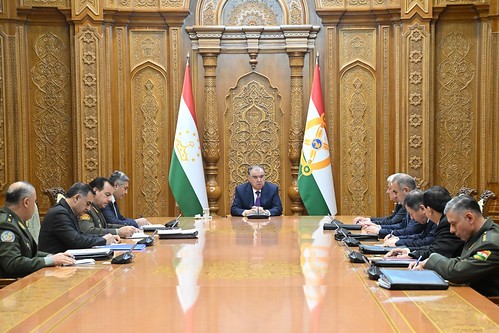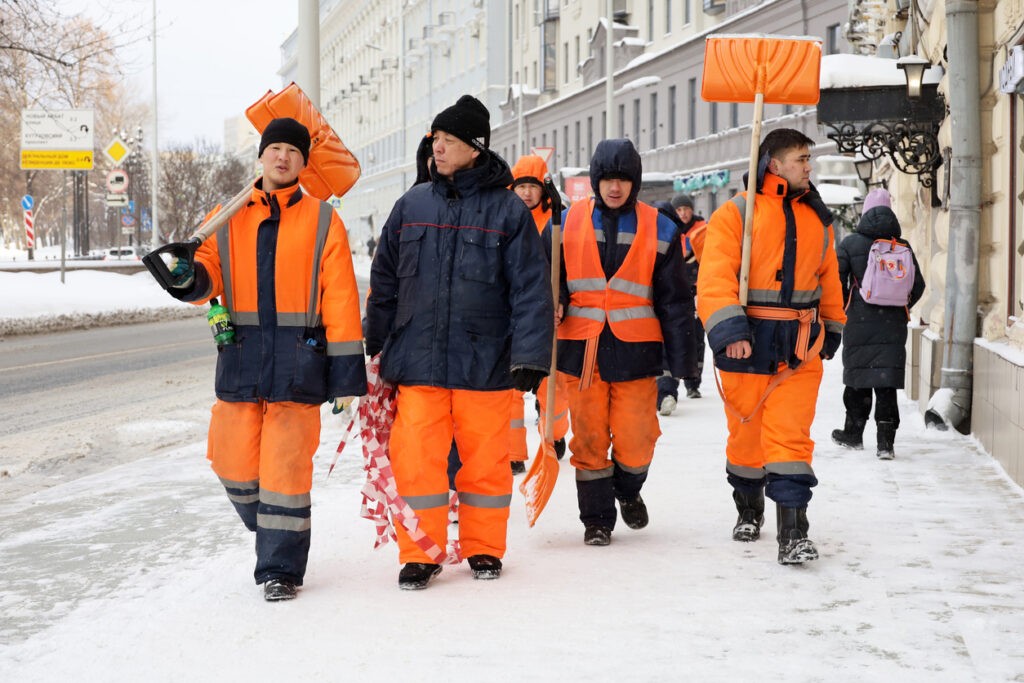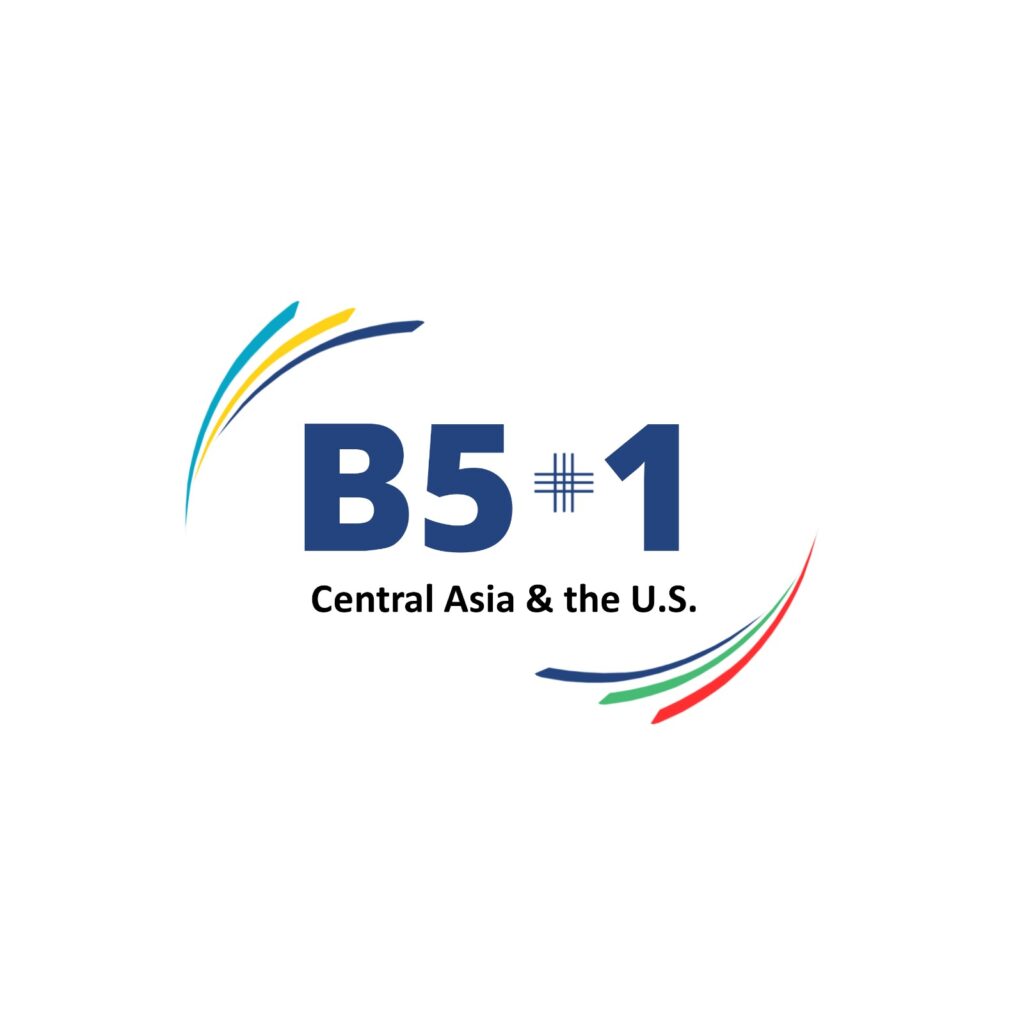Tajikistan is stepping up efforts to teach its citizens global job skills which will facilitate access to higher-paying trades and expand the range of migrant-labor opportunities. The state-administered Adult Education Center of Tajikistan offers training in more than 100 professions, with new specializations emerging every year. This year, the Asian Development Bank project plans to open three modern centers in Tajikistan for pre-departure training of migrants. These centers will train specialists in demand in the labor market, providing relevant international certificates. In addition, foreign languages, financial literacy and the basics of law and legal processes of different countries will be taught. According to Deputy Labor Minister Shakhnoza Nodiri, working abroad is crucial for Tajik citizens to earn more. A worker's qualifications are becoming one of the important requirements in the labor market, and the need for specifically trained personnel will grow in the future. Russia remains one of the key destination countries for migrant labor from Tajikistan. Under a 2023 agreement on organized employment of citizens of Tajikistan with the Russian Federation, the Agency for Employment Abroad placed about 5,000 Tajiks, or 77% of the 6,500 Tajik foreign workers they placed abroad, into positions in Russia. At the beginning of 2024, representatives of about 40 companies seeking employees from 13 countries visited the Agency for Employment Abroad to engage with Tajikistan's labor resources. Most of the requests came from companies in Russia -- where more than 100 companies applied to hire more than 20,000 workers from Tajikistan. In addition to Russia, last year Tajik citizens were employed in Turkey, Kazakhstan, Poland, Romania, Belarus, Lithuania, Latvia, the UAE and Japan. Currently Tajikistan's Ministry of Labor, Migration and Employment is actively working on signing agreements on labor migration with the UK, the U.S., Korea, Canada, Germany, Singapore, the Philippines and the Kingdom of Saudi Arabia. In that way, Tajikistan is strengthening its efforts to diversify the geographical pathways of labor migration, helping to give Tajik migrant laborers a choice in where to go.






